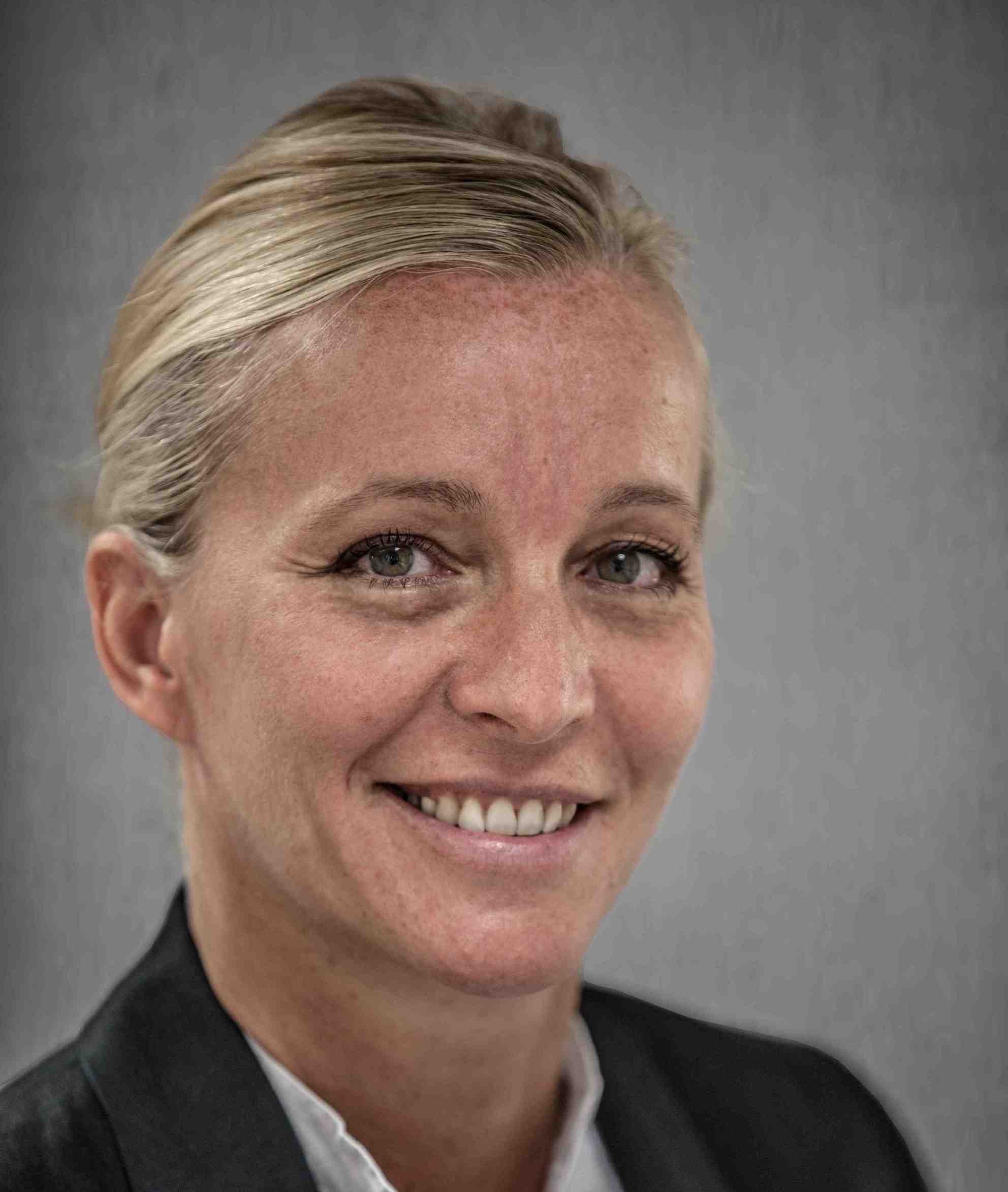New Governance for BNP Paribas’ Corporate and Institutional Banking Division
| By Alicia Miguel | 0 Comentarios
BNP Paribas has announced a new governance for its Corporate and Institutional Banking division, previously called Corporate and Investment Banking. This new CIB is centred on two client franchises, corporates and institutionals.
To best serve institutional clients with a comprehensive range of solutions, BNP Paribas Securities Services comes under the governance of the new CIB, while remaining a separate legal entity. This new CIB also aims to promote dialogue between institutional and corporate clients, thanks to a more collaborative and efficient structure, which will facilitate the implementation of the Group’s business development plan.
In addition, to simplify the regional approach, the North and Latin America regions, and the Europe and MEA regions, will be combined to create two larger regions: Americas and EMEA. The APAC region remains unchanged.
In EMEA a simpler organisation for seamless service for corporate clients will be structured around: Corporate Clients Financing and Advisory EMEA on one side, and Country Management and Corporate Trade and Treasury Solutions EMEA, on the other side.
BNP Paribas CIB is a provider of financial solutions to corporate and institutional clients worldwide and this new governance will strengthen its existing strong franchises in Transaction Banking, Specialised Financing, Derivatives, Advisory and Capital Markets where it is a top European house in ECM and a global leader in DCM.
Institutional clients globally: a collaborative approach to increase depth of service
In order to provide to our institutional clients a wider access to the best of BNP Paribas CIB’s products and services, and to position the Bank as their strategic partner, the solutions provided by BNP Paribas CIB will now be structured around:
- A newly created Global Markets which will provide an offer across all asset classes, building on global business lines, financing and prime services capabilities, and regional franchises. A solid presence in the regions will be key to support BNP Paribas CIB’s regional development plans.
- BNP Paribas Securities Services will continue offering its current spectrum of solutions and will remain a separate legal entity, with its own commercial and operational autonomy.
- Financial Institutions Coverage will offer global coverage for all CIB and other Group businesses across all institutional client segments.
Corporate clients in EMEA: a simpler governance for seamless service
For its corporate clients, BNP Paribas CIB offers facilitated relations and the benefit of its entire range of solutions: a well-established geographic presence and local expertise; the know-how of its coverage bankers and product experts; a robust, industrialised flow banking platform.
In line with the creation of the EMEA region, the activities dedicated to the corporate clientele are grouped into two business lines:
Corporate Clients Financing and Advisory EMEA will bring all of BNP Paribas CIB’s expertise to address the investment and financing needs of CIB’s corporate clients. This business line will group all types of Coverage, the Financing businesses and Corporate Finance.
Country Management and Corporate Trade and Treasury Solutions EMEA will deliver a transversal and industrialised platform for our corporate clients’ flow banking needs. This group will include Energy and Commodities Finance Europe, Trade and Banking Flow, Cash Management, Corporate Deposit Line, Trade and Deposit Product Development.
Yann Gérardin, head of BNP Paribas CIB, stated: “The banking industry has changed dramatically, and not only in terms of regulations. Business models are being industrialised, rationalised, digitalised. Clients are expecting us to serve them holistically with added-value and industrialised solutions. Our new CIB focusing on our two client franchises of corporates and institutionals will allow us to meet their expectations more simply and more efficiently. And it will also reinforce our capacity to achieve our development plans as announced earlier this year.”
To support this strategic initiative, BNP Paribas announces the following appointments (effective 5 January 2015):
In addition to his current responsibilities, Jean-Yves Fillion is appointed head of the Americas for CIB.
Thomas Mennicken is appointed Head of Corporate Clients Financing and Advisory EMEA, under the supervision of Thierry Varène, appointed Chairman of Corporate Clients Financing and Advisory EMEA. Thierry Varène will maintain the steering responsibility of the commercial activities for the largest clients. Thomas Mennicken will maintain his current responsibilities at BNP Paribas Fortis CIB. Reporting to Thomas Mennicken are: Yannick Jung who is appointed Head of Corporate Coverage EMEA Bruno Tassart who is appointed Head of Financing Solutions EMEA Sophie Javary who is appointed Head of Corporate Finance EMEA
Marc Carlos is appointed Head of Country Management and Corporate Trade and Treasury Solutions EMEA. Marc Carlos will maintain his responsibility, at Group level, as head of the global USD clearing and payment business line. Thierry Varène and Marc Carlos in his EMEA role will report to Yann Gérardin while Thomas Mennicken will report to Thierry Varène.
Henri Foch is appointed Head of Financial Institutions Coverage globally and will report to Yann Gérardin.
Patrick Colle continues as Chief Executive Officer of BNP Paribas Securities Services and will report to Yann Gérardin. Jacques d’Estais remains Chairman of the supervisory board of BNP Paribas Securities Services.
Yann Gérardin, in addition to his role as Head of BNP Paribas CIB, will manage directly Global Markets. Reporting to him are: Olivier Osty appointed Head of Sales, Structuring and Trading; Capital Markets business line heads will report to Olivier Osty.
In the regions, Pascal Fischer is appointed Head of EMEA Capital Markets; he will coordinate the Global Markets geographies and manage key transversal projects; he reports to Yann Gérardin. Also, Pierre Rousseau is appointed Head of APAC Capital Markets and reports to Yann Gérardin and Eric Raynaud. Bob Hawley is appointed Head of Americas Capital Markets and reports to Yann Gérardin and Jean-Yves Fillion.
In the context of BNP Paribas setting up Global Markets, headed directly by Yann Gérardin, new Head of CIB, it was agreed with Frédéric Janbon that he would be appointed Special Advisor to the Group General Management. Jean-Laurent Bonnafé, Chief Executive Officer of BNP Paribas, commented: “I would like to express my utmost gratitude to Frédéric for his contribution to the development of our global Fixed Income platform over the past nine years.”






